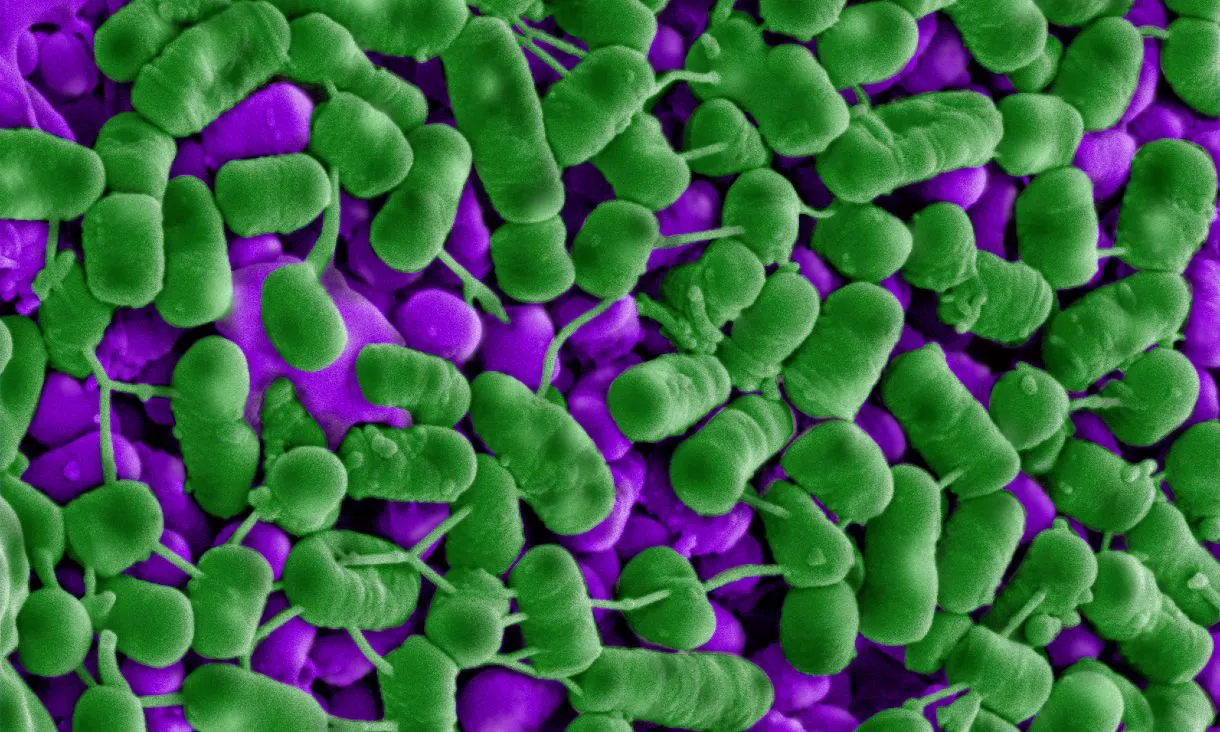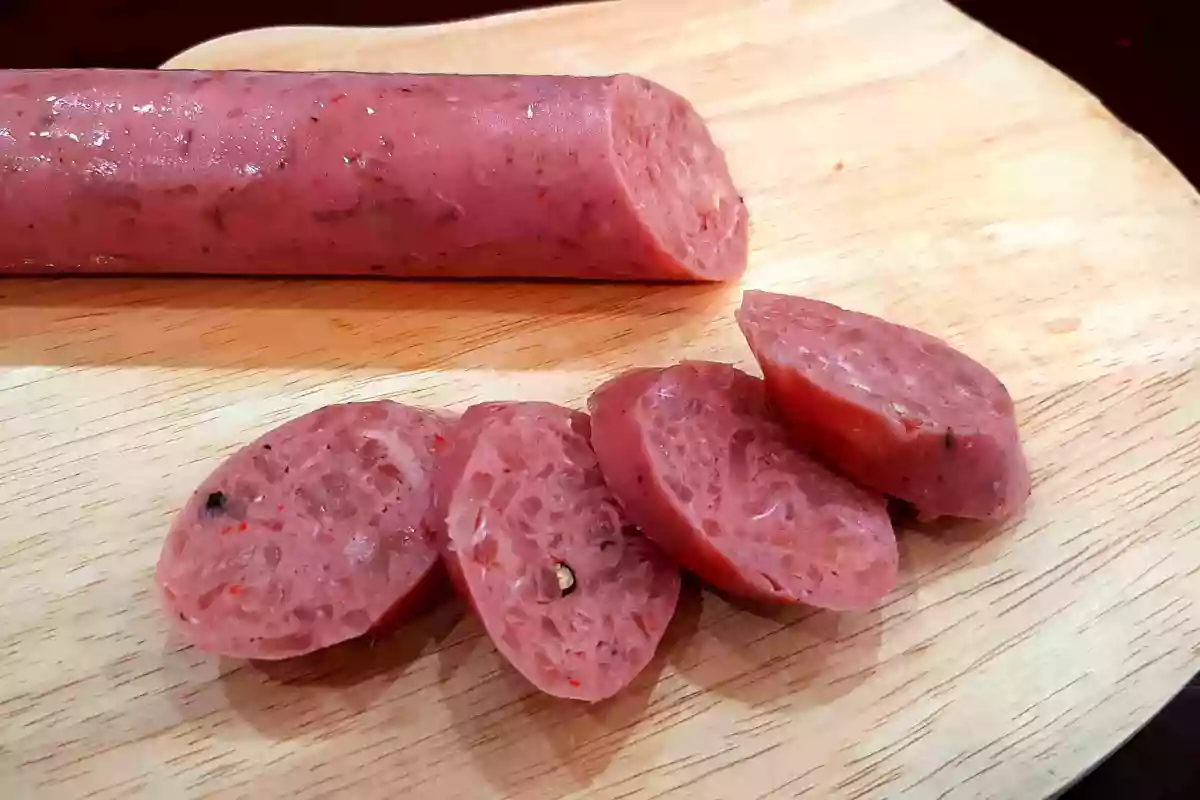Despite the fact that it's made of fermented raw pork, the Vietnamese meat snack Nem Chua does not cause food poisoning in people who eat it. In fact, new research suggests that a compound found in it could be used as a natural food preservative.
In the recently conducted study, scientists from Australia's RMIT University took a closer look at the harmless Lactiplantibacillus plantarum B21 bacteria that occurs naturally in Nem Chua. Among other things, the researchers found that the microbes produce a compound known as a bacteriocin, which kills rival types of bacteria.
Bacteriocins in general work by forming holes in the outer membranes of their targets, causing their contents to leak out. One such compound – called Nisin – is actually already marketed as an antibacterial food preservative. Its usefulness is limited, though, due to the fact that it's sensitive to extremes in temperature and pH.
By contrast, the L. plantarum 21-derived bacteriocin – named Plantacyclin B21AG – is much hardier. The scientists state that it could easily withstand the extremes present in commercial food-processing environments, as it tolerates both high and low pH levels, and can survive being heated to 90 ºC (194 ºF) for 20 minutes.
What's more, unlike some other bacteriocins, it targets a wide range of harmful food-borne bacteria such as Listeria monocytogenes.

"The Nem Chua compound is colourless, odourless, tasteless and very resilient," says co-lead scientist Prof. Oliver Jones. "Through this new research, we’ve identified the right growth conditions that would enable us to make it in large amounts, potentially at industrial scales. With further development, we hope this could be an effective, safe and all-natural solution for both food waste and food-borne disease."
A paper on the research – which was co-led by Prof. Andrew Smith, Dr. Bee May and Dr. Elvina Parlindungan – was recently published in the journal Process Biochemistry.
Source: RMIT




